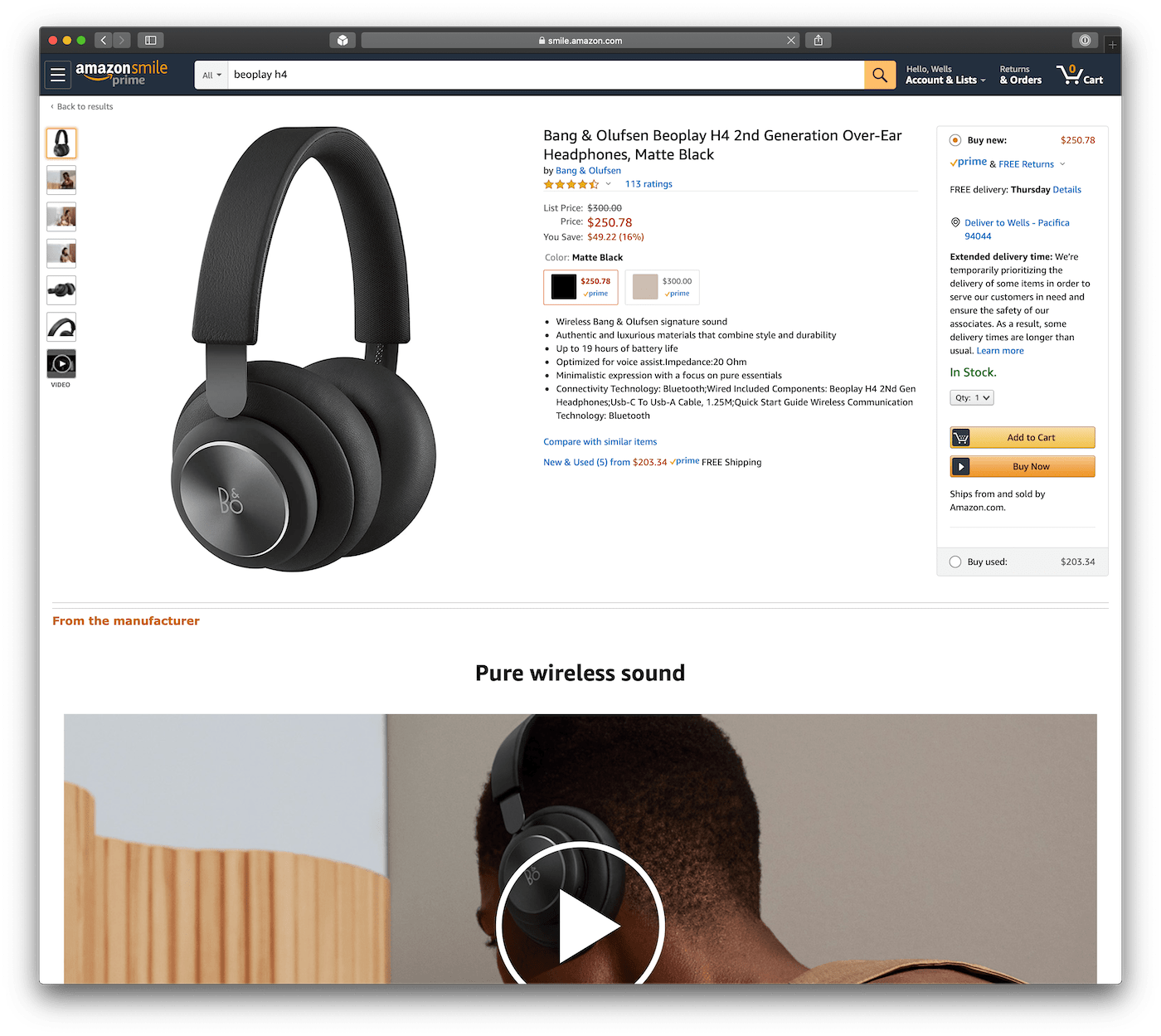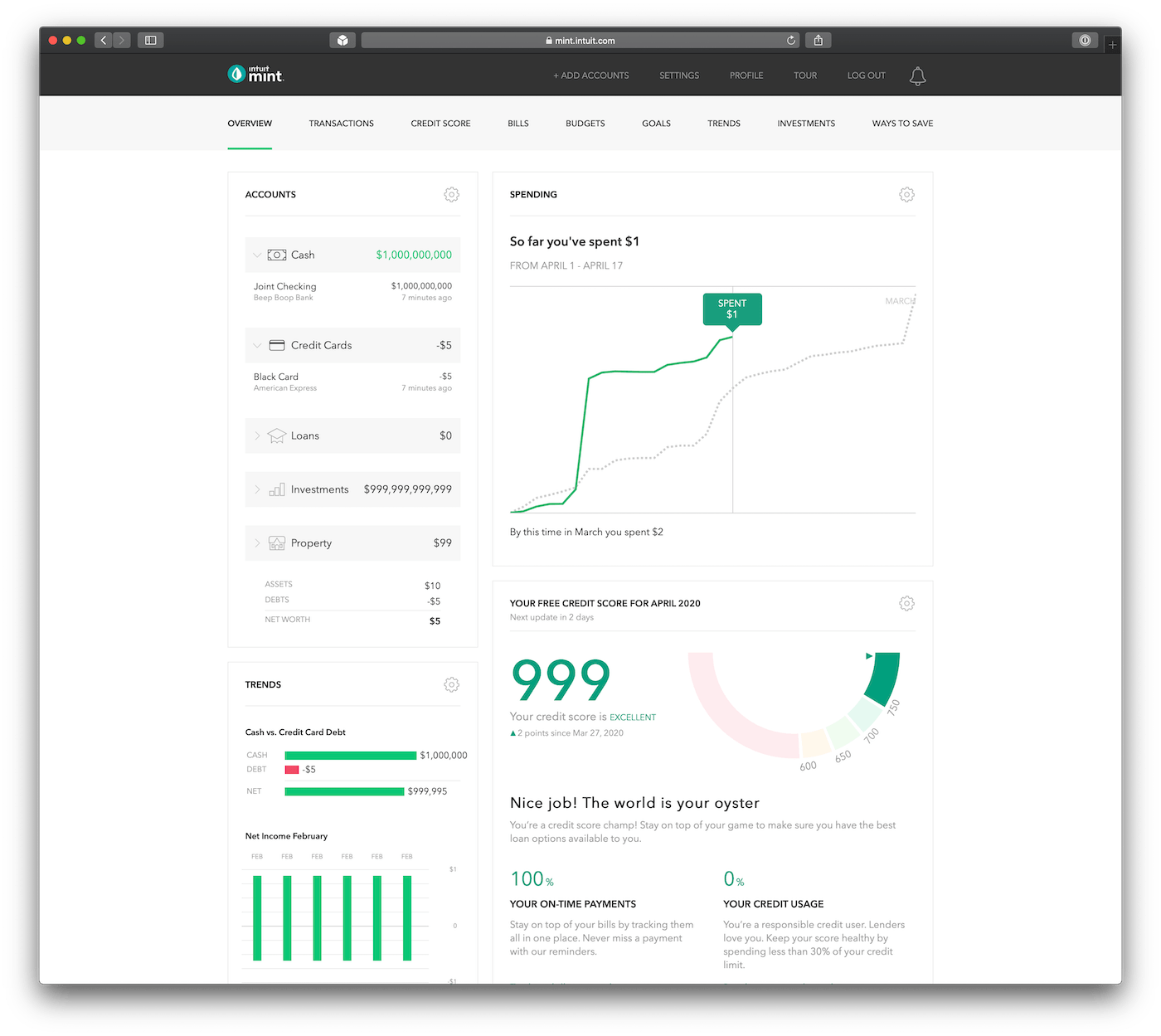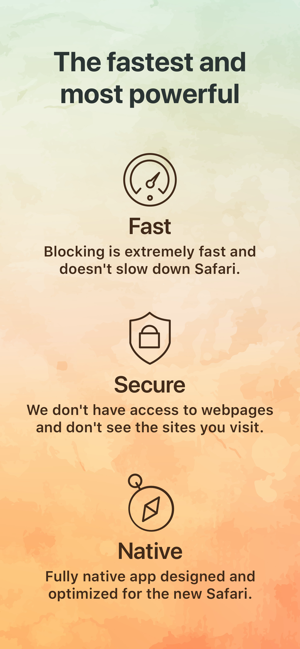

Scott Helme put me onto this originally via his two excellent posts on Securing DNS across all of my devices with Pi-Hole + DNS-over-HTTPS + 1.1.1.1 and Catching and dealing with naughty devices on my home network.

It then blacklists about 130k domains used for nasty stuff such that when any client on your network (PC, phone, smart TV) requests, the name just simply doesn't resolve. I'm going to keep the intro bits as brief as possible but, in a nutshell, Pi-hole is a little DNS server you run on a Raspberry Pi in your local network then point your router at such that every device in your home resolves DNS through the service. Bottom line is that you really want to consider how much you trust the organisation (or in many cases, the person) behind the extensions you run and even when you do, there's no guarantee it won't be backdoored MEGA.nz style. I certainly went back and revisited all the browser extensions I had installed and killed a few unnecessary ones. That's actually my top tweet over the last 4 weeks by a significant margin because it's one we can all relate to. This creates a different risk to ads themselves - a much more serious one if it comes to fruition - and it looks like this:ĭo you use a popular browser extension? How confident are you that the creator wouldn’t accept a $10k offer to hand it over only to have it then go rogue on you? - Troy Hunt September 5, 2018 But it's not just the detrimental impact of blocking the very source of a website's revenue that worries me, it's also the fact that running an ad blocker means giving a third party an enormous amount of power over your browser. That post attracted hundreds of comments ranging from "I don't mind ads" to "burn them all with fire and the consequences be damned". Almost.Īs I wrote about a couple of years ago, ad blockers aren't always happy and frankly, attitudes like that just make the whole ad problem even worse. Sponsors are happy as they get exposure, visitors are happy because there's none of the aforementioned crap and I'm happy because it pays a lot better than ads ever did anyway. Companies I choose to partner with get to appear there and they get themselves 140 characters and a link.

Somewhere in the middle is a responsible approach, for example the sponsorship banner you see at the top of this blog. On the other hand, I appreciate the need for publishers to earn a living so that I can consume their hard-earned work for free. On the one hand, I despise the obnoxious ads that are forced down our throats at what seems like every turn. Profiting directly from Adblock Fast is not really what they are interested in, and that might have some appeal for iOS users looking for a different ad blocking option.I have a love-hate relationship with ad blockers. So it’s clear that the makers of Adblock Fast are going down a different road than the developers of some other ad blockers. (Hmm, maybe doing good work and shipping good products ought to replace advertising!) Unlike other ad blockers, we don’t have to sell out to support our project. Today, you do and, someday, perhaps you’ll be creating the next killer app and will consider hiring us. Yesterday, you probably didn’t know we existed. We operate an aforementioned) app studio that’s bootstrapped and quite profitable. We’re also testing a new, alternative ruleset that we expect to improve ad blocking yet another order of magnitude.Īdblock Fast doesn’t, nor do we intend for Adblock Fast to ever, make any money. Our aim is to design and develop only the finest mobile and web experiences, of our own and for clients.Īdblock Fast’s ruleset is derived from EasyList and that of Bluhell Firewall.

| Sign up for CIO newsletters.Īdblock Fast was created and is maintained by Rocketship, an award-winning app studio based in Palo Alto and San Francisco. Beware the 9 warning signs of bad IT architecture and see why these 10 old-school IT principles still rule.


 0 kommentar(er)
0 kommentar(er)
